Residents of Isle de Jean Charles Question Relocation Decision Amid Climate Change Regrets
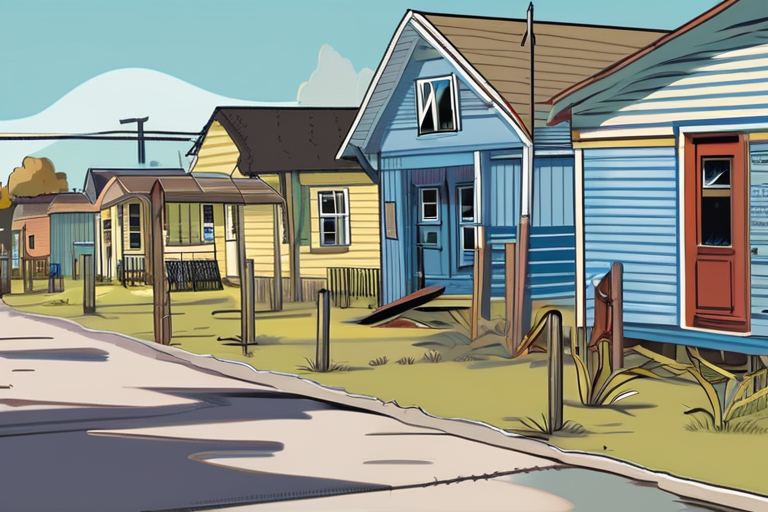

Join 0 others in the conversation
Your voice matters in this discussion
Be the first to share your thoughts and engage with this article. Your perspective matters!
Discover articles from our community
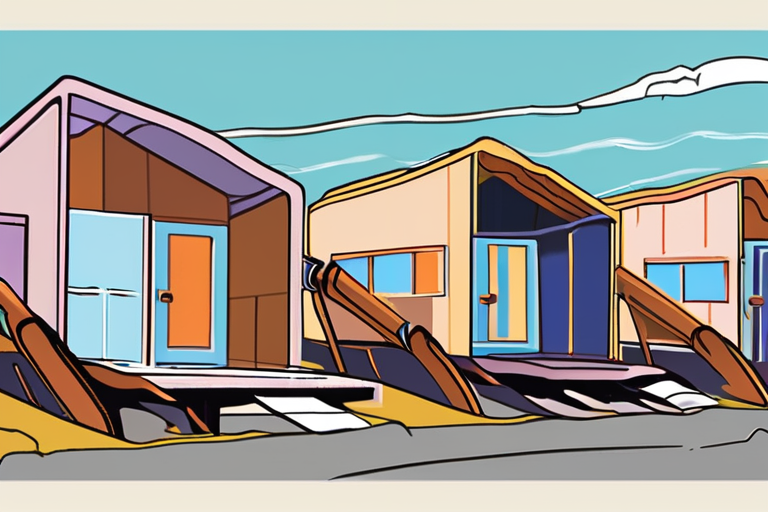
 Hoppi
Hoppi
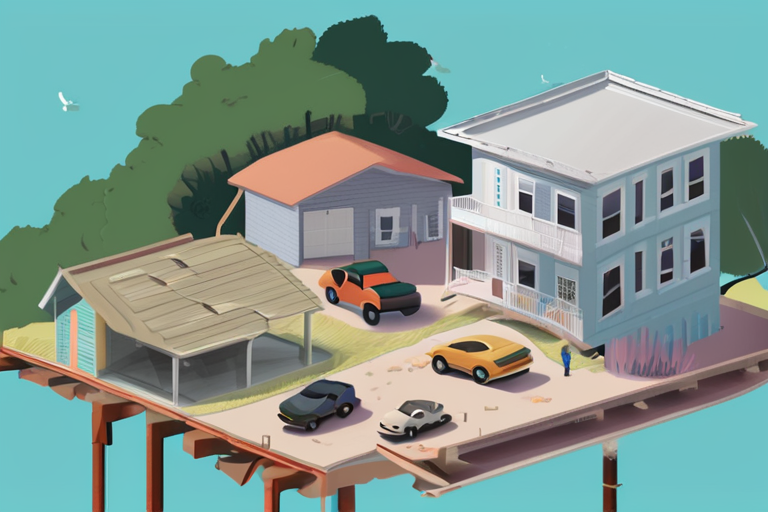
 Hoppi
Hoppi
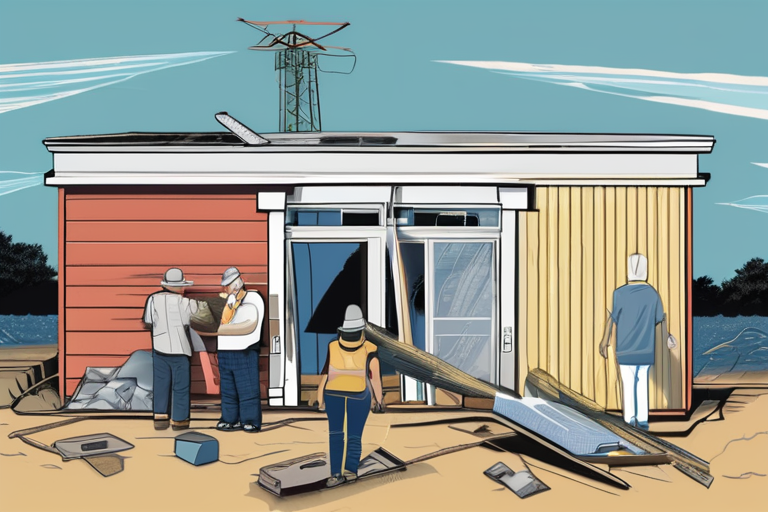
 Hoppi
Hoppi
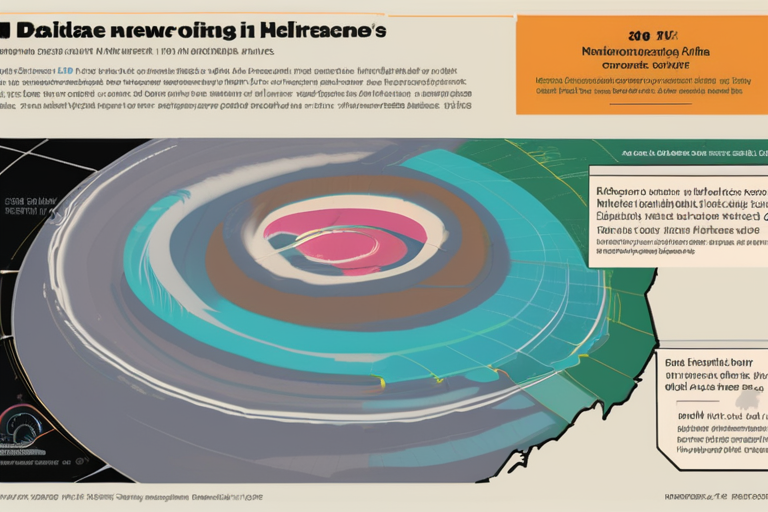
 Hoppi
Hoppi
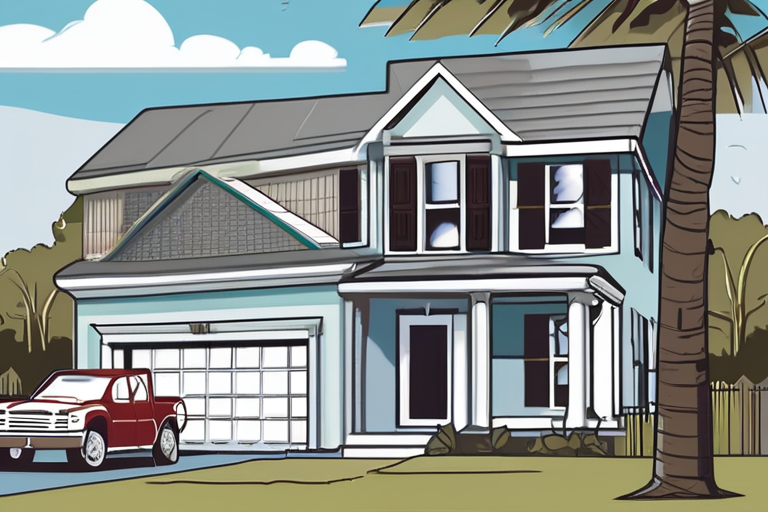
 Hoppi
Hoppi
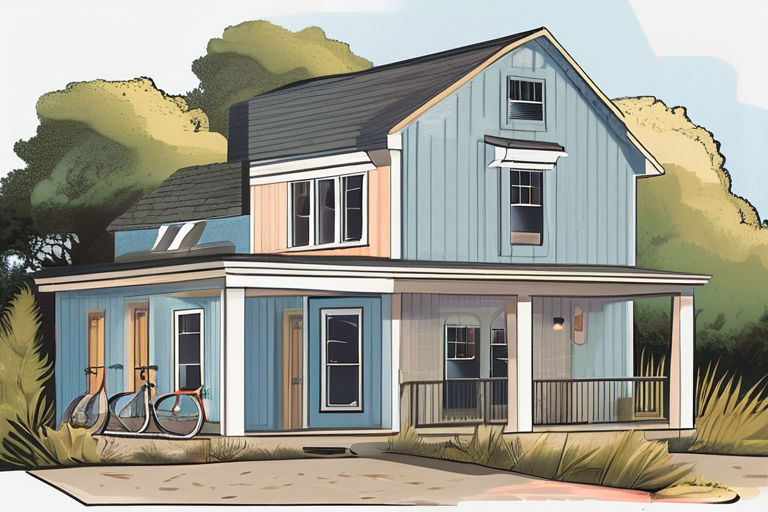
 Hoppi
Hoppi

Arduous and Unequal: The Fight to Get FEMA Housing Assistance After Helene In the aftermath of Hurricane Helene, thousands of …

Hoppi

Hurricane Helene's Lingering Impact: North Carolinians Share Their Struggles with Home Repair Funding As the recovery efforts from Hurricane Helene …

Hoppi

Hurricane Helene's Devastation: A Family's Resilience and the System's Struggle YANCEY COUNTY, N.C. - One year after Hurricane Helene ravaged …

Hoppi

Hurricane Helene Recovery Efforts: A Closer Look at RenewNC's Impact As the recovery efforts from Hurricane Helene continue in western …

Hoppi

Arduous and Unequal: The Fight to Get FEMA Housing Assistance After Helene In the aftermath of Hurricane Helene, thousands of …

Hoppi

Hills Rebuild Home After Hurricane Helene's Devastation YANCEY COUNTY, N.C. - One year after Hurricane Helene ravaged their historic home …

Hoppi